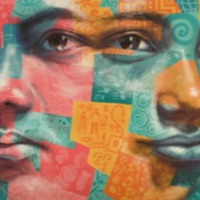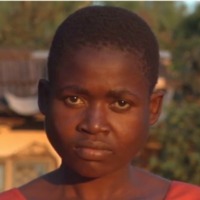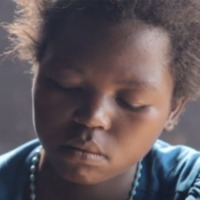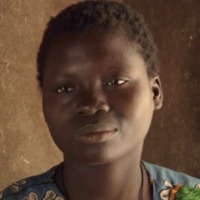4 results
VOICES: Narratives by Survivors of Modern Slavery
This is the world's largest archive of modern slavery survivor narratives. Across more than a million words spoken or written by survivors of modern slavery, we can see why slavery persists in particular hotspots, analyse patterns in trafficking routes, identify vulnerabilities, understand more about the challenges survivors face in liberation, and discover new antislavery solutions. These narratives offer the chance to systematically design new antislavery strategies based on the experiences, ideas and solutions of enslaved people themselves.
The database is searchable by country, name, theme, and narrative date. Narratives can be viewed in list or map form. A short introduction provides context to each narrative. Narrative provenance appears after the main narrative text.
For ideas on how to use this database, please see our accompanying guide.
Project Lead: Zoe Trodd. Team Members: Andrea Nicholson, Lauren Eglen, Rosemary Pearce, Olivia Wright.
Project Funders: AHRC Antislavery Usable Past grant (2014-19), ESRC/AHRC PaCCS Modern Slavery: Meaning and Measurement grant (2016-19), and AHRC-GCRF Antislavery Knowledge Network grant (2017-2021).
For any queries about the collection please contact: [email protected]. If you wish to cite a particular narrative, please acknowledge the survivor’s name, the provenance of the narrative and cite: Voices Database, the Rights Lab, University of Nottingham.

Dorothy
Malawi is a source, transit and destination country for men, women and children trafficked for the purposes of forced labour and commercial sexual exploitation. Internal trafficking is believed to be more prevalent in the country, with people being subjected to forced labour in agriculture, animal…

Elina
There an estimated 131,000 people living in modern slavery in Malawi (GSI 2018). According to Girls Not Brides, one out of every two girls in Malawi will be married by her eighteenth birthday.Elina was forced to marry at 15 years old.

Ndaziona
There an estimated 131,000 people living in modern slavery in Malawi (GSI 2018). According to Girls Not Brides, one out of every two girls in Malawi will be married by her eighteenth birthday.Ndaziona was forced to leave education and get married at a young age.

Nabena
There an estimated 131,000 people living in modern slavery in Malawi (GSI 2018). According to Girls Not Brides, one out of every two girls in Malawi will be married by her eighteenth birthday.Nabena was forced into child marriage and as a result became pregnant at a very young age. She tells of her…